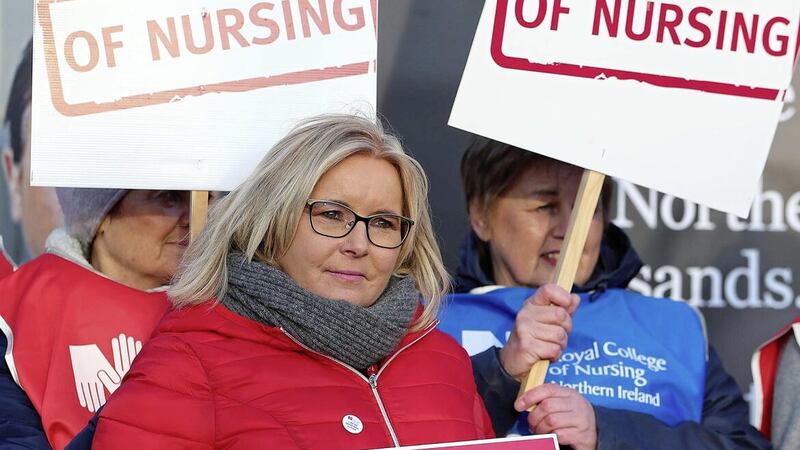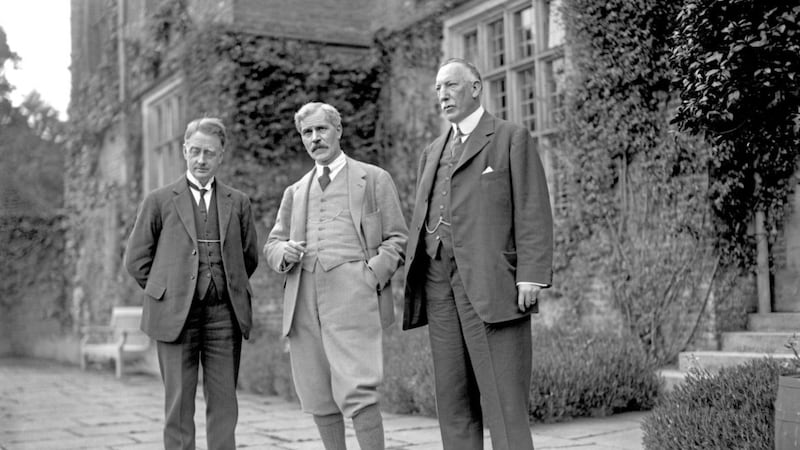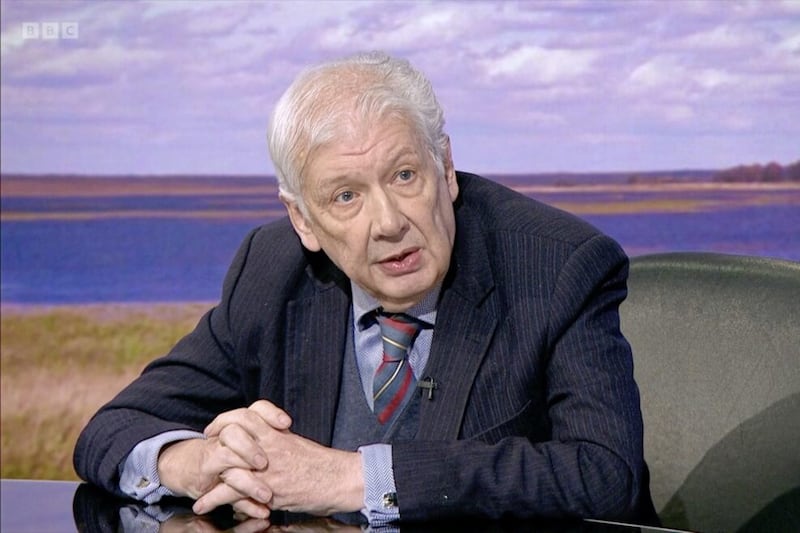Nurses are the backbone of the NHS and were at the forefront of the fight against Covid-19.
In the face of a relatively unknown pathogen, nurses went to work exposed to serious risks of infection and death. Despite experiencing the trauma of people dying alone, moral distress, fear of illness, long working hours and dealing with concerns over their family they kept working. They were promised that these physically and mentally punishing working conditions would eventually improve and that they would be rewarded for their Trojan effort.
Post the pandemic, working conditions are worse and there is no sign of any meaningful change. Nurses have had enough of jam tomorrow, they are exhausted, burnt out and leaving the profession in their droves. Rotas are operating on very fine margins and increases in sickness levels means there are often not enough boots on the ground.
Covid-19 has caused significant rises in staff absences and this has a knock-on effect. The workforce is depleted. Across the UK one in ten nursing posts are vacant. Many have been pushed to their limits and are at the point of having to leave their chosen profession as they cannot see a future in a nursing career where they are neither valued nor treated fairly. Morale is at an all-time low.
For the first time in the Royal College of Nursing’s history, its members have mandated strike action throughout the UK. Following the completion of a three or four year degree programme, nurses here start on a salary of approximately £13.84 per hour, which is derisory given the level of skill and knowledge required. These professionals are delivering critical interventions to people, often when they are frail and vulnerable. Making life and death decisions.
Union officials suggest that since the Conservatives took power in 2010, the pay of nurses has fallen by approximately 20 per cent in real terms. Front line staff are now approximately £10,000 worse off in real terms since 2008, essentially, they are working one day a week for nothing. Pay has not kept pace with inflation and the situation is getting worse year on year.
The pay squeeze amid a cost-of-living crisis is forcing nurses out of the health service or into making desperate decisions, including stopping contributions to their pension, skipping meals and taking on second jobs. Increasing numbers of staff, particularly those on the lower pay bands are reporting that they cannot afford to work in the NHS. Gone are the days when overtime shifts were used as a means to get extra money for luxuries, they are now essential way of making ends meet.
This strike is not just about pay, it is also about terms and conditions, lack of opportunities for progression, limited flexibilities, and significantly, patient safety. If nurses don’t speak up for patients getting a third-class service who will?
Hospitals are dangerously understaffed to the point where it is risking patient safety. Industrial action is not a decision that has been arrived at easily, many are torn but feel they must do something. Current conditions and the fact that there is no sign of any change means staff are asking can they afford to do this any longer.
Predictably the usual voices have piped up to say “we can’t afford” to pay nurses a decent wage as we have to ‘balance the books’, we don’t have a ‘magic money tree” and “isn’t nursing a vocation?” Rhetoric like this is demeaning and insulting.
Ultimately pay levels are a political choice and money can always be found for priorities. If the argument is that it is irresponsible for nurses to strike as they provide vital services, the logical conclusion of this is that their salary should reflect their value. The NHS and nurses have consistently been at the bottom of this government’s priorities. Rather than focusing on the cost of a pay increase, we should be focusing on the cost of the harm caused by nursing care left undone to patient experiences. Adverse outcomes such as increased medication errors, hospital acquired infections, patient falls, mental deterioration, pressure ulcers, and patient readmissions are associated with suboptimal care and inadequate staffing levels.
The idea that nursing is a vocation, ‘a calling’ is used by politicians to undermine and undervalue their professionalism, knowledge and skills. Yes, most nurses do not go into the profession for the money but that does not mean that their wages shouldn’t reflect their value. Are they really expected to put up with this out of the goodness of their hearts?
Nurses don’t want to be depicted as superheroes or beatified. Fair pay is central to recognition and respect. In the UK some nine out of ten nurses are women and the dated belief that caring for others is a feminine trait persists. This stereotype has contributed to the suppression of wages and a poor understanding of the clinically skilled nature of the work. Gendered notions about nurses and nursing impede efforts to enhance the standing of the profession and career. Pat Cullen, general secretary of the RCN, has led from the front with tenacity, articulating the raw deal that these professionals are being asked to put up with. Until this situation is resolved, the NHS will continue to haemorrhage nurses and the staffing issue will intensify.
This strike vote should be a wake-up call to government and policy makers. Gone are the days when nurses were expected to stand up when doctors entered the room, nurses are now standing up for themselves and we should support them.








